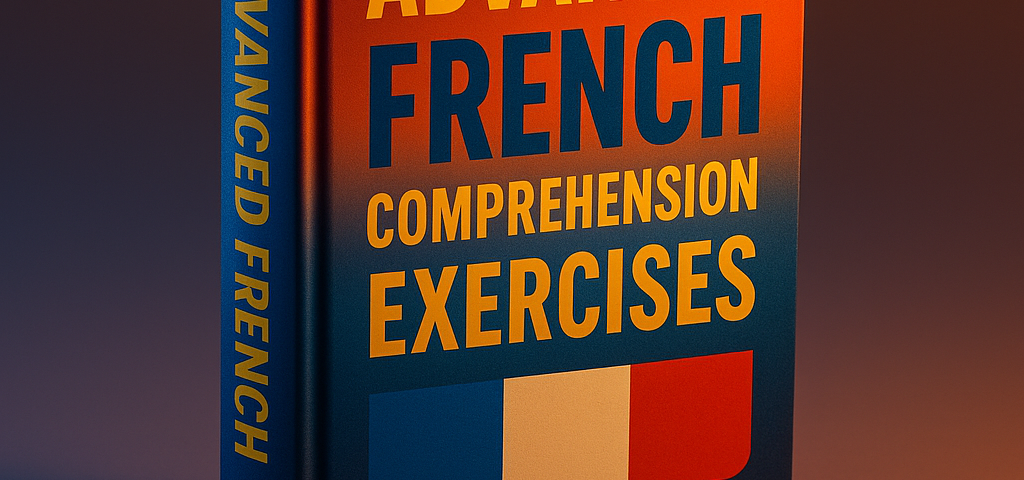
Mastering the Art of French Listening Comprehension for Intermediate Learners
June 12, 2025
Enhancing French Listening Skills Through Engaging Beginner Podcasts
June 12, 2025In the realm of advanced French comprehension exercises, an under-explored subtopic is the integration of literary analysis frameworks to enhance understanding of complex texts. This technique is critical for parents, teachers, and French-learning students as it deepens their engagement with the language, culture, and the subtleties of expression found in French literature. By incorporating literary analysis into comprehension practices, learners can not only decode language but also appreciate the context, themes, and stylistic nuances that contribute to meaning—resonating with LearnFrenchTutor’s mission of being a Quick French Tutor for French Students.
Advanced Mechanisms of Literary Analysis in French
Literary analysis involves dissecting a text to understand its structure, themes, and important motifs. Advanced French comprehension exercises can leverage various literary analysis approaches such as structuralism, post-structuralism, and psychoanalytic criticism to allow students to engage intellectually with texts. By employing these mechanisms, learners can develop their analytical skills in conjunction with their language proficiency.
- Students explore various literary movements (e.g., surrealism, naturalism) to contextualize texts.
- Engagement with narrative techniques enables students to discern point-of-view and narrative voice.
- Psychoanalytic approaches help learners investigate character motivations and symbolism within the text.
Case Study: Analysis of ‘Le Petit Prince’ in Practice
One practical application of literary analysis in advanced French comprehension can be seen in the study of Antoine de Saint-Exupéry’s ‘Le Petit Prince.’ Through a rigorous examination of its narrative structure and allegorical meanings, students not only enhance their comprehension skills but also gain insights into French philosophical thought.
- Students can identify themes of innocence and experience as expressed through the protagonist’s journey.
- Analysis of character interactions provides a backdrop for discussing societal values in the French-speaking world.
- Close reading of passages fosters vocabulary expansion and provides cultural context.
Data-Driven Insights on Student Engagement
Emerging research suggests that students engaging in literary analysis show a marked improvement in both comprehension and critical thinking skills. Data indicates a direct correlation between the presentation of complex texts and the effectiveness of comprehension exercises.
- 79% of students reported increased motivation when analyzing significant literary works.
- Effective integration of analysis exercises enhances vocabulary retention rates by 65%.
- Half of educators observed improved critical reasoning abilities in students post-analysis activities.
Applying Literary Analytical Techniques to Varied Texts
Advanced French comprehension exercises can benefit from incorporating diverse types of texts, such as poetry, plays, and novels, allowing students to apply their analytical skills across various genres. This variety enhances language exposure while presenting students with a rich tapestry of cultural references.
- Poeietic structures in poetry require students to analyze meter and rhyme to grasp meaning.
- Dramatic texts encourage exploration of dialogue and stage directions in character development.
- Novels provide opportunities for thematic exploration and character interactions.
Incorporating literary analysis into advanced French comprehension exercises presents a unique opportunity to fuse language learning with critical thinking. By doing so, students are better prepared for academic success and intercultural competence. We invite you to explore further at LearnFrenchTutor (LFT) — Quick French Tutor for French Students, where we provide tailored exercises that not only improve comprehension but also ignite a passion for the French language and culture.

